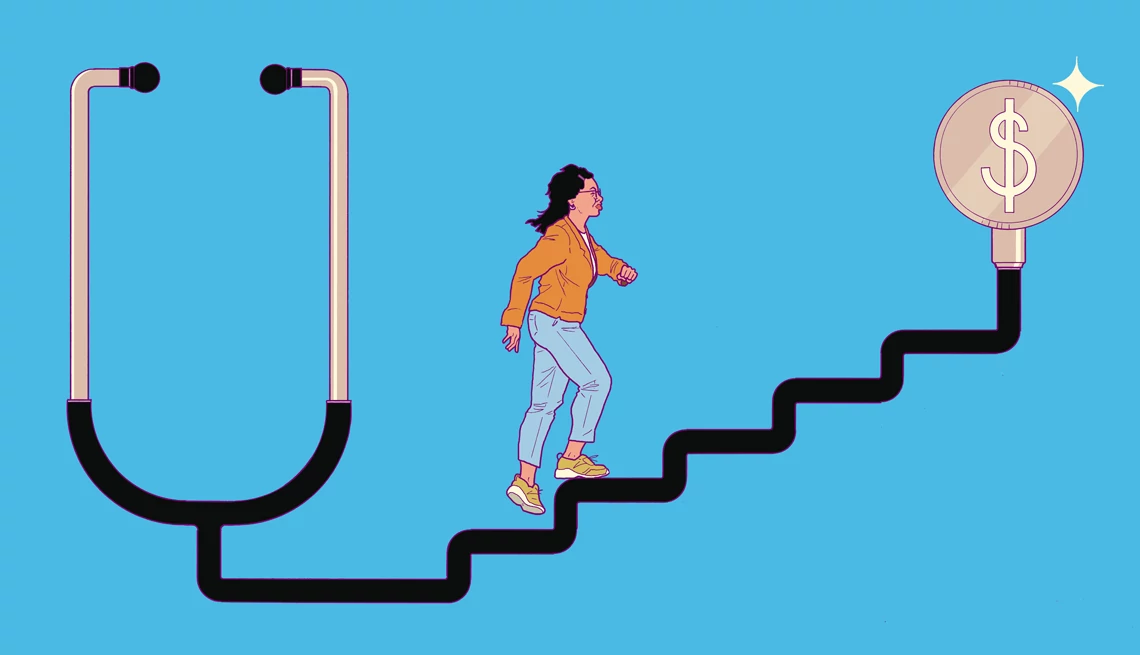AARP Hearing Center


One often-overlooked way to set aside funds for health care expenses in retirement is to build money in a health savings account (HSA).
As the name suggests, an HSA allows you to earmark money for health care costs. But it can serve another purpose: If you leave money in the account to grow rather than use it for current medical expenses, it can function as an extra retirement account, bolstering your nest egg.
“I’m a huge fan of using HSAs as a long-term strategy, not an immediate piggy bank,” says Steven Jarvis, CEO of Retirement Tax Services in Spokane, Washington.
An HSA offers a tax benefit you don’t get with a 401(k) or an individual retirement account (IRA). While withdrawals from traditional retirement accounts are taxed at your regular income tax rate, there are no taxes on money you take out of an HSA to pay for qualified health care costs.
That can translate to significant savings, considering a 65-year-old who retires in 2025 can expect to spend an average of $172,500 on medical expenses throughout retirement, according to Fidelity’s latest Retiree Health Care Cost Estimate study. Here’s what you need to know to make an HSA part of your retirement planning strategy.
How HSAs work
You can save money in an HSA if you have a high-deductible health insurance policy. In 2025, your plan’s deductible must be at least $1,650 for individual coverage or $3,300 for family coverage to qualify. Deductible requirements increase in 2026 to $1,700 for individual coverage and $3,400 for family coverage.
Using an HSA to save for out-of-pocket medical expenses offers three tax benefits:
- You can make pretax contributions to an HSA through payroll deductions if you have a high-deductible health insurance plan through work. If you’re self-employed, you can open an HSA on your own and claim a tax deduction for your contributions.
- Earnings on the investments in your HSA grow tax-free.
- Your withdrawals aren’t taxed if the money is used to pay for qualified medical expenses, such as health insurance deductibles, prescription drugs, dental work, hearing aids and vision care.
The money you withdraw for qualified medical expenses is not included in the income calculations that determine whether you’re subject to the Medicare premium surcharge for higher-income beneficiaries or whether you have to pay taxes on your Social Security benefits.


































































More From AARP
My Big Retirement Mistake: Volunteering Too Much
He looked forward to donating his newly free time — until he had none left
Money Moves to Make Before Retiring
Your final working months are a crucial time to fine-tune your finances
Emergency Funds in Retirement
Are you prepared for costly surprises?